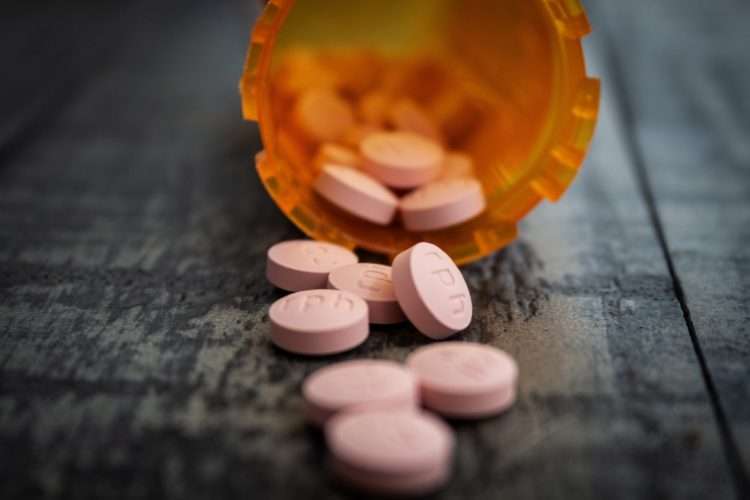Prescription Drugs For Depression

The topic of prescription drugs for depression presents a compelling conversation topic for English learners, offering a valuable opportunity to enhance their language proficiency. Engaging in discussions about this subject enables learners to explore medical vocabulary, understand complex concepts related to mental health and express their opinions on treatment approaches. Additionally, delving into the benefits, risks and ethical considerations surrounding prescription drugs for depression allows learners to develop critical thinking skills and practice expressing their thoughts effectively.
By discussing this topic, English learners can expand their knowledge, improve their communication abilities and engage in meaningful conversations about mental health and well-being.
About Prescription Drugs For Depression
The intricate landscape of mental health treatment encompasses a significant focus on prescription drugs for depression. As a cornerstone of modern psychiatry, these pharmaceutical interventions play a pivotal role in alleviating the burden of depressive symptoms. Through a complex interplay of neurochemical modulation, these medications aim to restore the delicate balance within the brain, ameliorating the often crippling impact of depression. However, it is crucial to recognise the multifaceted nature of this treatment approach, acknowledging potential side effects, individual variability and the necessity for comprehensive patient evaluation. Exploring the realm of prescription drugs for depression illuminates the intricate tapestry of mental health management, advocating for informed and nuanced decision-making.
Useful Vocabulary
Try and use the following vocabulary when answering the question. Click to look up the definition in the dictionary
Conversation Questions
- What are the potential benefits and drawbacks of using prescription drugs for depression compared to other treatment modalities, such as therapy or lifestyle changes?
- In your opinion, should prescription drugs for depression be the first-line treatment option, or should they be reserved for more severe cases?
- How can doctors and healthcare professionals ensure the appropriate and responsible use of prescription drugs for depression?
- What are some potential long-term effects or risks associated with prolonged use of prescription drugs for depression?
- Should prescription drugs for depression be available over-the-counter, or should they only be prescribed by healthcare professionals?
- Is the pharmaceutical industry overly reliant on prescription drugs for depression, neglecting the development of alternative treatments?
- Should there be stricter regulations and monitoring of prescription drugs for depression to prevent misuse and abuse?
- Can prescription drugs alone effectively treat depression, or should they always be used in conjunction with therapy or other non-pharmacological approaches?
- Do you think children should be able to take antidepressant tablets? Why?
- Should there be an age limit on prescription drugs for depression?
- Other than antidepressant tablets, what other ways do you think can help children cope with depression?

